American Rivers believes a future of clean water and healthy rivers everywhere for everyone is essential.
For nearly 50 years, the mission of American Rivers has been to protect wild rivers, restore damaged rivers and conserve clean water for people and nature. Today, this mission is more vital than ever, and we envision a future of clean water and healthy rivers for everyone, everywhere. To achieve our mission and vision, we must cultivate diversity, promote equity and foster inclusion in all aspects of our work.
American Rivers believes a future of clean water and healthy rivers everywhere for everyone is essential.
We envision a future of clean water and healthy rivers for everyone, everywhere. To achieve our mission and vision, we must center diversity, equity, inclusion, and justice in all aspects of our work.
American Rivers believes that water equity occurs when all communities:
- have access to clean water and healthy rivers
- are resilient in the face of floods, drought, and other climate risks
- have a central role in decision-making processes for water and river management in their communities
- share in the economic, social, and environmental benefits of healthy rivers and clean water
American Rivers values the voices of frontline communities and works to build coalitions and partnerships with inclusive leadership models. We believe in the importance of developing deep and abiding partnerships through authentic listening and humility, with the goal of building trusting and productive relationships inside American Rivers and with partners, Tribal Nations and Black, Indigenous, and People of Color (BIPOC) communities. We are working to build strong collaborations and deepen trust.
Dr. Mel Michelle Lewis is American Rivers’ inaugural Vice President for Diversity, Equity, Inclusion and Justice
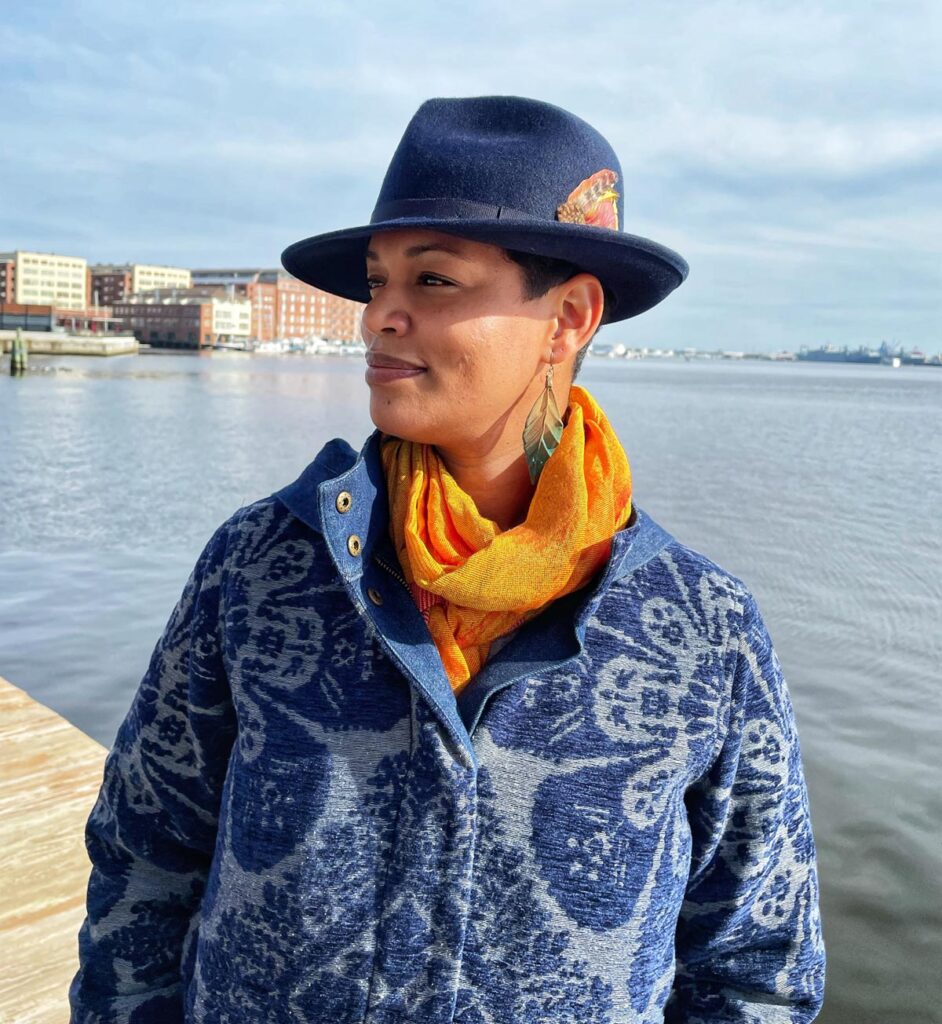
I am elated to join the American Rivers team. This role offers a powerful opportunity to provide DEIJ strategic guidance, inspire enthusiasm, cultivate diversity, promote equity, and foster inclusion in the service of social and environmental justice.
– Dr. Mel Michelle Lewis, Vice President for Diversity, Equity, Inclusion and Justice of American Rivers
On November 2021, American Rivers announced Dr. Mel Michelle Lewis (she/they) as the organization’s Vice President for Diversity, Equity, Inclusion and Justice. Throughout their career, Dr. Lewis has worked to center and amplify the voices of Black, Indigenous, and people of color (BIPOC), queer, and trans communities pursuing social and environmental justice. “This new position at American Rivers demonstrates our steadfast commitment to diversity, equity, inclusion and justice,” said Tom Kiernan, President of American Rivers. “Dr. Lewis is a tremendous addition to American Rivers and their work will make us a stronger, more inclusive and effective organization.” “From the deltas and bayous of Alabama, to the harbors of the Chesapeake Bay watershed, my rivers journey now courses through the most trusted and influential river conservation organization in the United States,” said Dr. Lewis.
River Stories
American Rivers values the voices of frontline communities and works to build coalitions and partnerships with inclusive leadership models. We believe in the importance of developing deep and abiding partnerships through authentic listening and humility, with the goal of building trusting and productive relationships inside American Rivers and with partners, Tribal Nations and Black, Indigenous, and People of Color (BIPOC) communities. We are working to build strong collaborations and deepen trust.
The beauty of rivers is that they connect people and nature everywhere. Through our original films, blogs, and podcast, we believe that creative and diverse storytelling can spark action for rivers.
OUR FILMS
Meet Venice Williams, executive director of Alice’s Garden, a community garden in Milwaukee. In our new film, produced in partnership with Milwaukee Water Commons, Venice shares her connections with rivers and water, and shows how the garden is using innovative water solutions that are a model for other communities nationwide.
“I awaken, hopeful. I go to sleep, filled with hope…It’s not an easy journey…but I know that my great-great-great granddaughter will be sitting in a better place and having a different conversation when it comes to water and air and land because we’re doing the work that we need to do today – and we’re not going to stop.”
– Venice Williams
In this film by American Rivers and Swiftwater Films, Indigenous leaders share why removing four dams to restore a healthy Klamath River is critical for clean water, food sovereignty and justice.
“This river is our umbilical cord. What feeds us, what nurtures us. This reciprocal relationship that we have with it. I would do anything for this river, just like I would my own children. I would die for it, I would do anything before I would give up on it.”
– Annelia Hillman, Yurok tribal member, Klamath Justice Coalition
Discover why New Mexico’s Wild and Scenic Rio Grande is so important to this family and why we need to protect more wild rivers nationwide.
The Colorado River is the hardest working river in the west, growing most of our nation’s salads in the winter months. Take a look at our thoughtful new film, Milk & Honey, and explore the connection between the Lower Colorado River and the people who live and work with the river every day to grow our nation’s food.
OUR BLOG
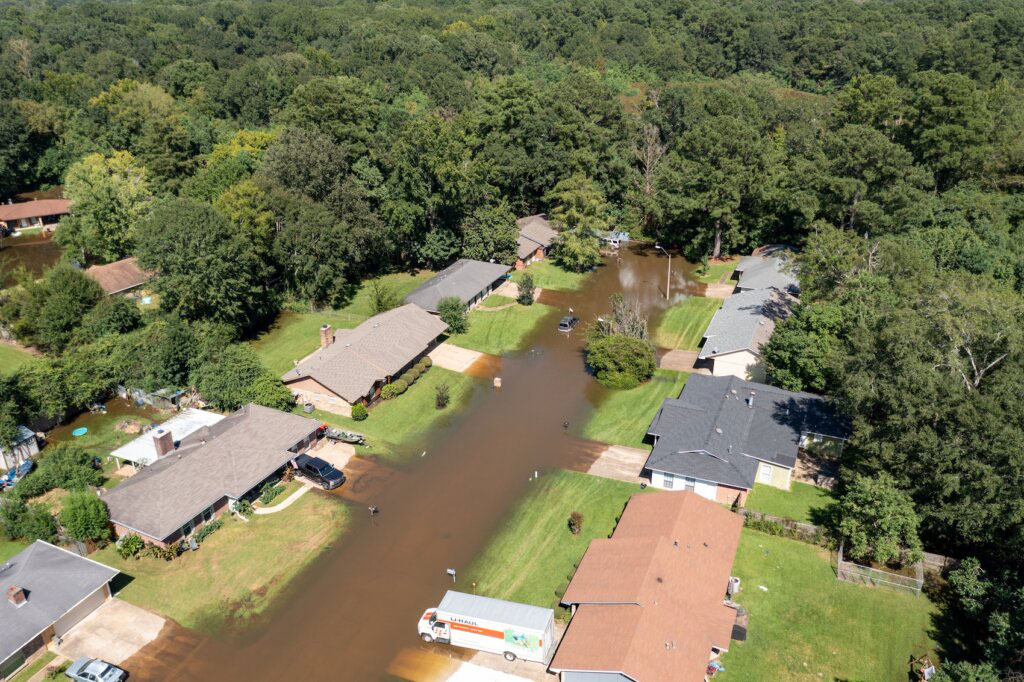
Climate and Environmental Injustice: Thousands without water in Jackson, Mississippi.
More than a trillion dollars needs to be invested in infrastructure by the end of this decade, or communities like Jackson won’t have the resiliency to deal with the effects of climate change.
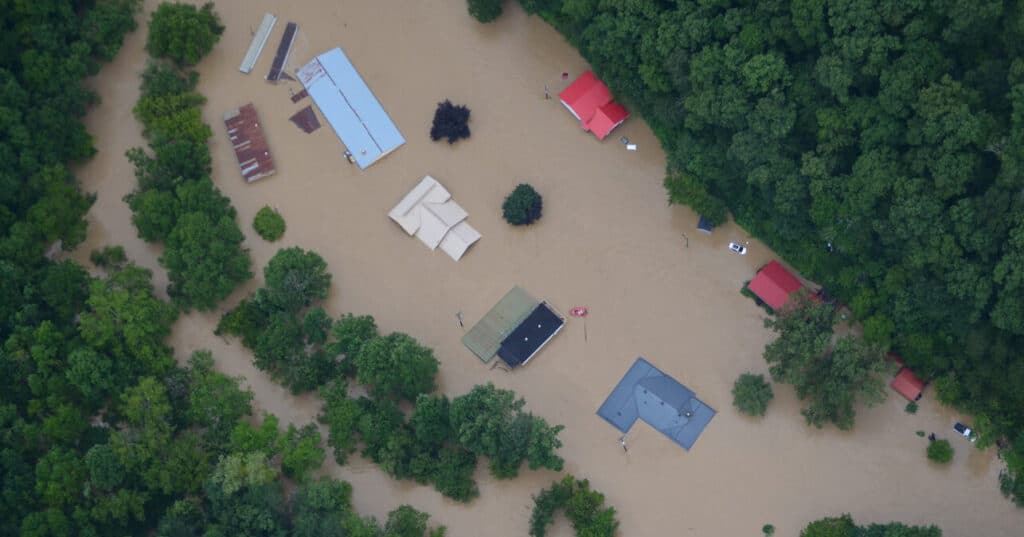
It’s time to break the cycle of flooding and poverty.
We can give communities the tools they need to lift themselves out of poverty.
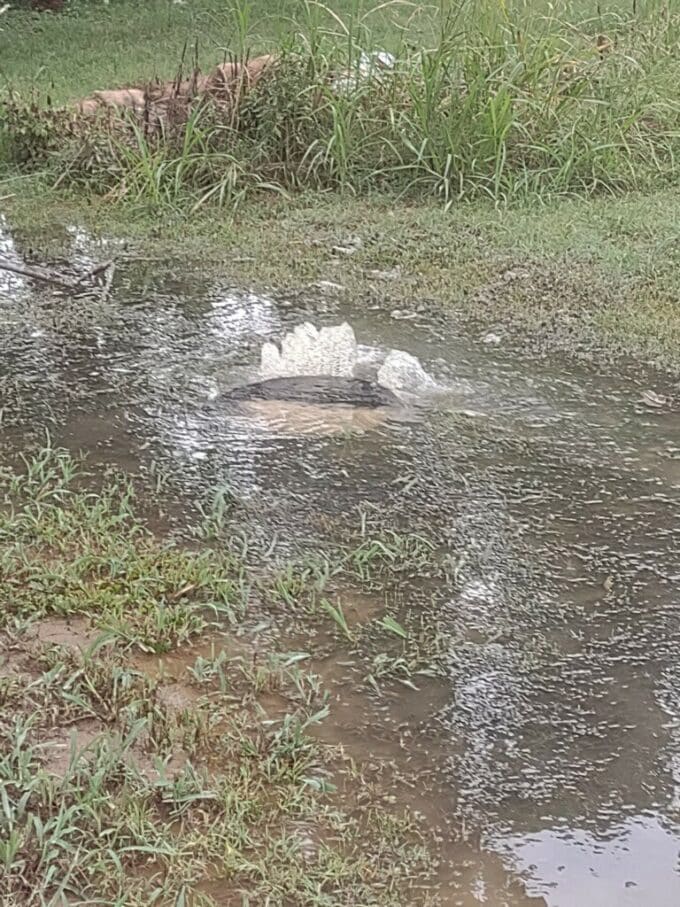
Natural disasters compound existing inequalities like housing and food insecurity. We must break this cycle.
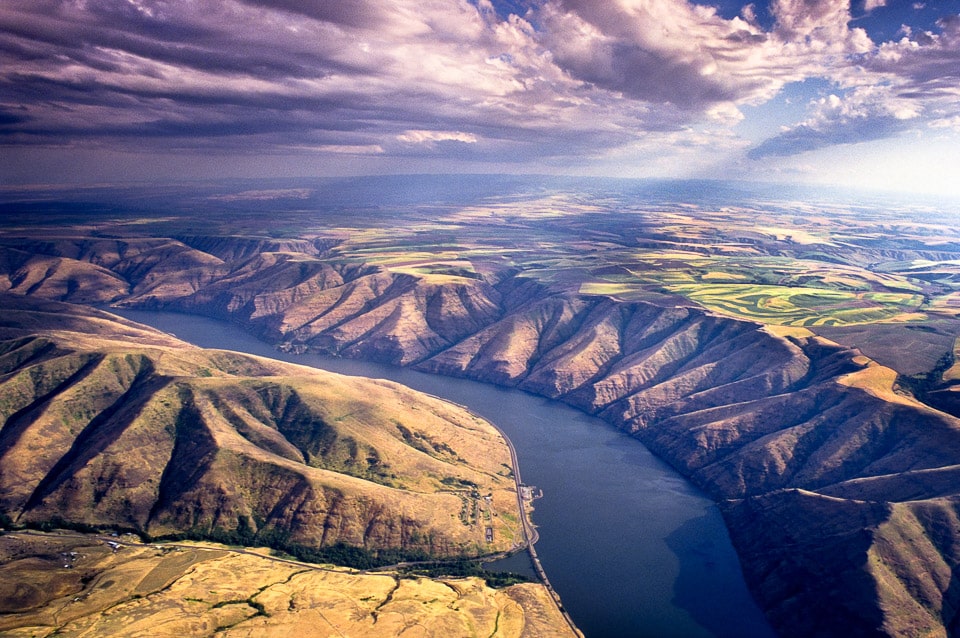
“As salmon and steelhead go, so do we,” Shannon Wheeler, Nez Perce Vice Chair
OUR PODCAST: WE ARE RIVERS
As a humble step toward a more equitable future, and in partnership with the National Park Service’s Rivers, Trails and Conservation Assistance Program, American Rivers is sharing stories and lessons from communities across the country representing diverse voices and perspectives on river recreation and conservation. We hope these series of stories expand the conversation, challenge existing notions, and invite broader engagement in the way we think and talk about public lands and rivers.

To learn more about American Rivers, visit americanrivers.org and follow American Rivers on Facebook, Twitter, and Instagram.
